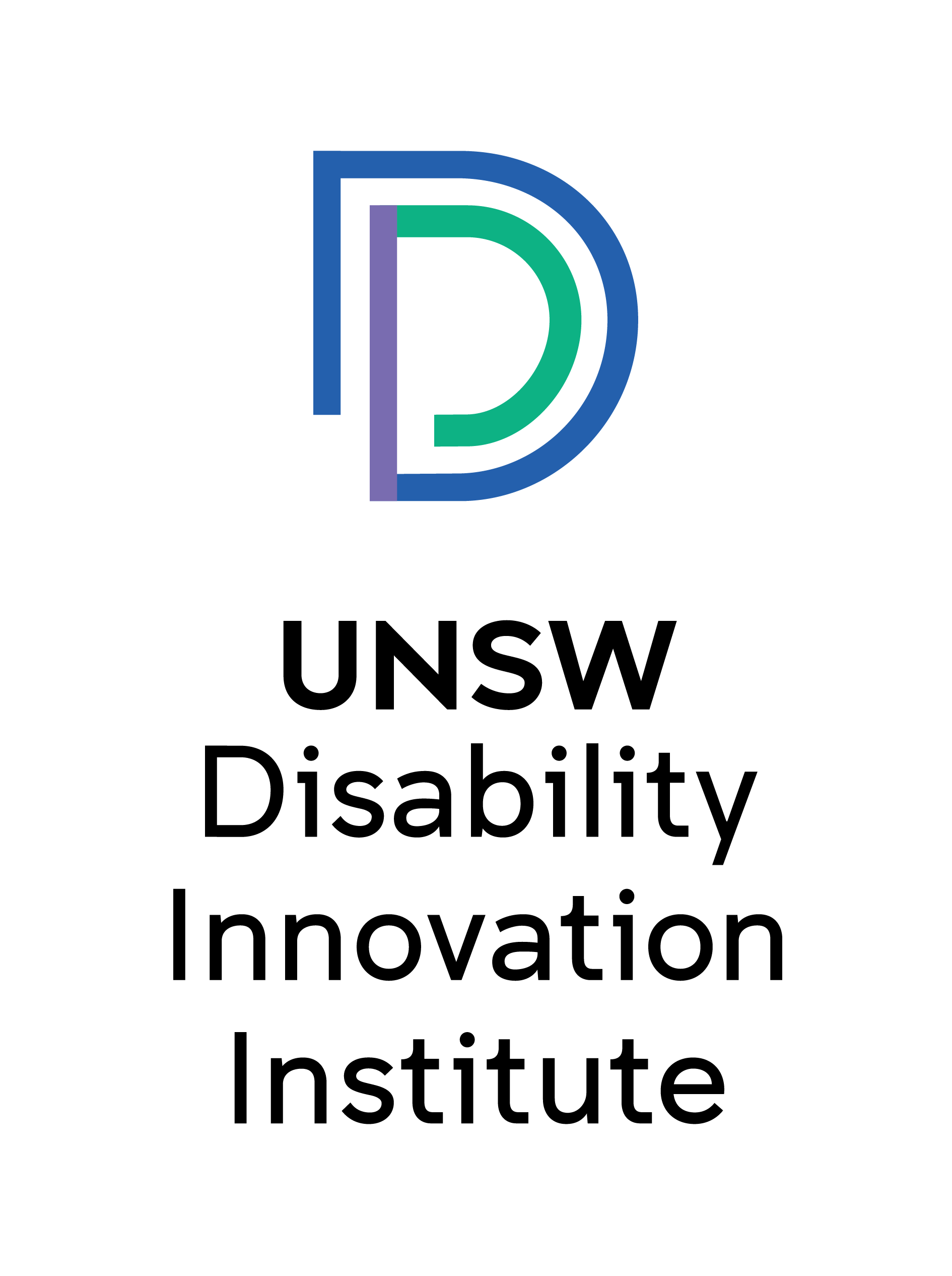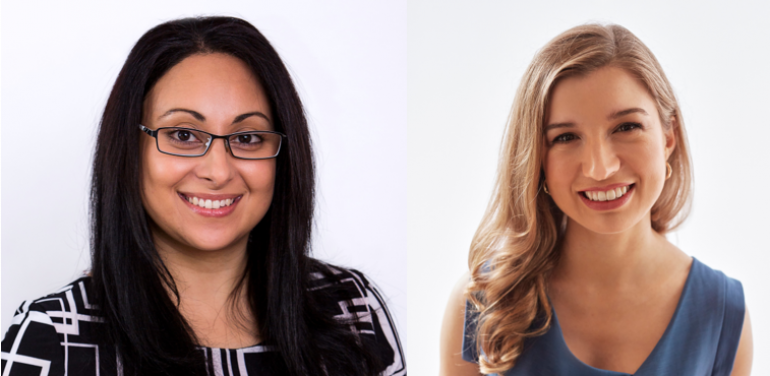What prompted you to become a UNSW Disability Champion?
Roshana: As someone who has experienced both physical and psychological impairment I know firsthand how challenging navigating everyday tasks can be. Having been legally blind from a number of years in later secondary school, I can personally attest to the impact simple educational adjustments had on my ability to successful complete the HSC. And as someone who experienced Post Traumatic Stress Disorder (PTSD) and associated Anxiety not long into my working life, I can also speak to the positive and negative impact a workplace can have on a person’s ability to overcome obstacles resulting from such conditions.
Although I have come along way since the peak of both my conditions, I still continue to experience long-term, possible life-long side effects.
I decided to become a UNSW Disability Champion in the hope that my own lived experience will help to normalise the views of my colleagues and students in how they perceive disability and encourage others to look for simple, and practical ways to better support those in the UNSW community who are experiencing some form of disability.
Isabelle: As a person with a disability and a UNSW alum myself, I feel really passionately about supporting and advancing the disability community at UNSW. I feel that we can do more to be a more visible and proud community, knocking down deficit discourse and shame that’s keeping us hidden, and moving to conversations that are open so that students and staff can more easily access support and be better included in the community.
How do you see your role as a Disability Champion?
Roshana: I think of myself as quite pragmatic and solutions focussed. I see my role as a Disability Champion to both promote easy ways for all staff and students to incorporate considerations of disability into everything they do so that inclusion or consideration of accessibility becomes the norm. I also see my role as being an advocate for those in the UNSW Community experiencing some form of disability but who do not feel comfortable to raise their concerns without support, as well as helping to shape UNSW’s new Disability Action Plan, which is currently being formed.
Isabelle: I work in Peer Connections at UNSW and so work mostly with students, building programs with them that help them connect with each other and the UNSW community. As I have a lot of contact with students and their needs, I feel that I can be an advocate for the student voice, working to create change that will assist them with their studies and their social connection at the University. I see my role as an opportunity to create meaningful and lasting change that drives better inclusion.
What could UNSW do to make the University a better place to work and/or study for people with disabilities?
Roshana: I don’t think UNSW has done a bad job in the disability inclusion space but there is obviously always room for improvement. I think the Disability Innovation Institute is a huge step in the right direction, as is the current Disability Action Plan I am part of the working group for. I would like to see greater emphasis on opportunities for staff and students to improve their disability awareness and ways in which their workplaces and work practices may unknowingly creative obstacles for people with disability. For example, as a person whose sight is affected, the size of not only my computer monitor but the size and style of fonts used in emails and documents makes a big difference. My default setting on emails is Arial 12pt font – this makes practical sense not only does it make everything easier for me to read, it is also a preferred font and size for many auto-readers used by those with vision impairment. Having UNSW promote this as a preferred default font and size would be extremely helpful to people like me. Likewise, the inclusion of open and/or closed captions as standard on all webinars and access Sign Language interpreters for larger in-person presentations would assist members of the Deaf community.
Isabelle: There are physical access needs that we are probably all quite aware of and that the university, through the Disability Inclusion Action Plan, is working on to create better access for the variety of people with disability who study on-campus. However, I also believe that we need to have better visibility and pride around disability at UNSW. I feel that visibility and openness will lead us to having better conversations around how to support each other and how our teaching and professional staff can support and communicate with students.
The UNSW Disability Innovation Institute aims to develop inclusive research at UNSW and support disability researchers. Is there anything the Institute can do to help you in your role as a Disability Champion?
Roshana: Increasing awareness of practical changes that have a big impact for disability researchers – both those with disabilities and those researching populations of people experiencing disability through inclusion on your newsletters and on your website would be great. Also helping me to better understand disabilities other than those that I have personal experience would also help. This could include examples like font size discussed above but could also include thinking about accessibility for meetings in much the same way we think about dietary requirements when catering for meetings – it doesn’t cost anything to ask someone to let you know should they have accessibility requirements, or offering virtual meeting options, something we have more than gotten used to in the COVID-era.
Isabelle: I feel that the work of the UNSW Disability Innovation Institute is fundamental in driving change and improvement for the lives of people with disability. I hope to learn and be guided by the research and knowledge of the Institute and hope to continue to meet and work closely with them throughout my tenure.


